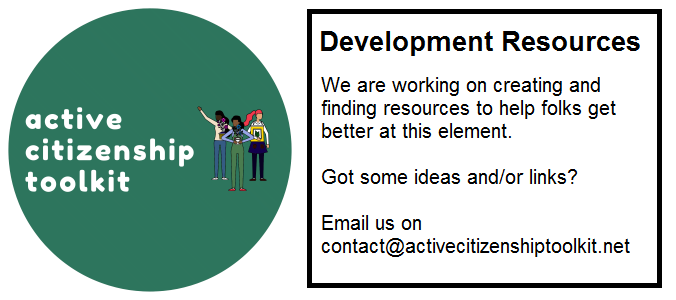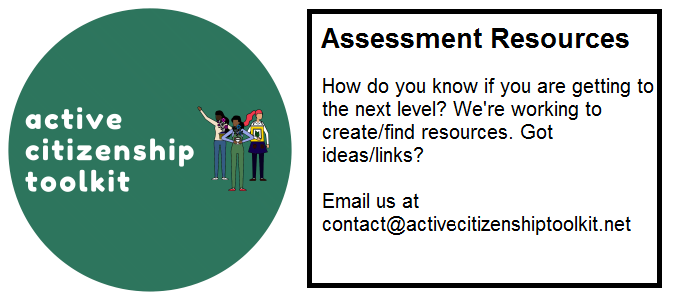Element Descriptor
Being able to give a succinct overview of the content of a book (fiction or nonfiction) and make informed judgements on who might find it enjoyable/provocative/useful is helpful because it points colleagues towards the good stuff and away from the dross….
Level descriptors
| Novice | Practitioner | Expert | Ninja |
|---|---|---|---|
| Able to write a short review about a singly book they have previously read or studied, perhaps in a genre with which they are familiar or by an author they particularly like. The review may concentrate on plot, and be largely descriptive. There will be some judgement on the book. | Able to write engaging reviews of various lengths, about books from a range of genres. This may include styles of writing or authors they are approaching for the first time. The review will contain a clear argument, and this will be supported by evidence drawn from the text. | Comfortable writing a critical review about almost any genre of writing, positioning it within wider intellectual or critical debates. An expert reviewer will be able to tailor the review to their audience. Their piece may cover technical aspects of writing or use specialist terminology, but not make this intimidating. The reader of the review will emerge with a clear sense of whether the book is worth reading. | In demand from TLS and LRB, this reviewer uses the book as a springboard for a seminal essay which challenges the readers perceptions. Their pieces have a strong central thesis and regularly provoke lively responses. |
Element Overview Essay
This is a draft. If something doesn’t make sense, or you see typos, or if you have further ideas, please email us on contact@activecitizenshiptoolkit.net
The reason book reviewing is done badly is that people have very little personal experience of it. Usually, they had to do reports in school, but since then, it’s just not something that you do. So, what ends up happening is people think that it’s simply a summation of what the author has said. But a review is also there to put the work (whether it’s fiction or nonfiction) in broader context, to talk about its strengths and weaknesses and to suggest which audiences might enjoy it.
The consequences of not reviewing books or reviewing books badly is good books don’t get as much attention as they otherwise would or should. And the general level of discussion and awareness is lower than otherwise needs to be.
The fixes are quite simple. Practice reviewing books. There’s a good formula about four or five paragraph review.
The first par should introduce the review with an anecdote, example of the subject or similar. The next par should introduce the book, who the author is and a bit about both. The third par should star the actual review, with examples. As should the 4th. The fifth paragraph should sum up the pros and cons of the book and conclude the review.
Development Resources

Assessment Resources

